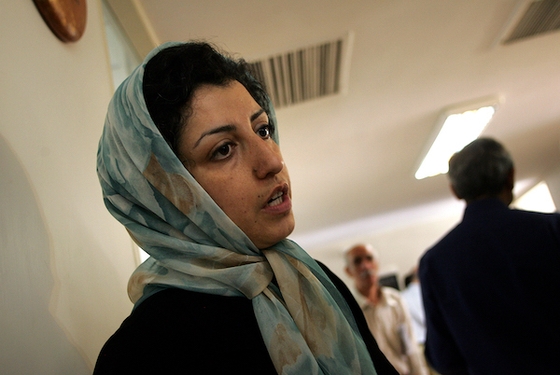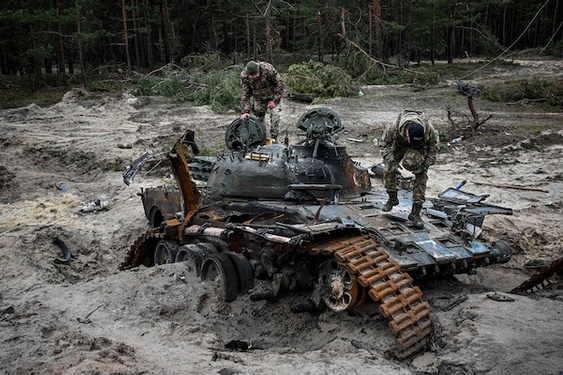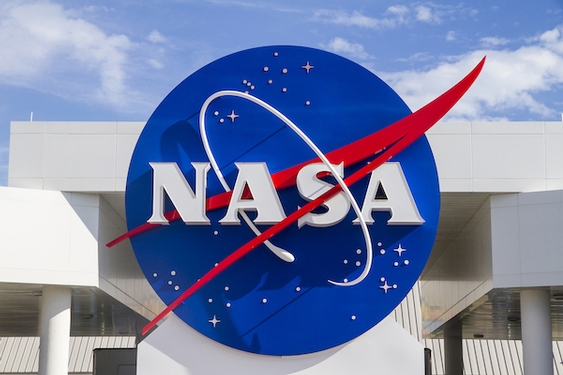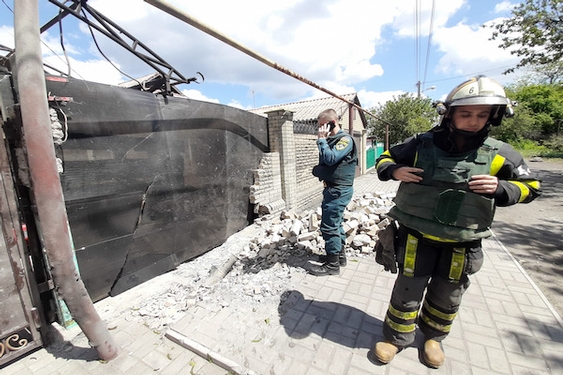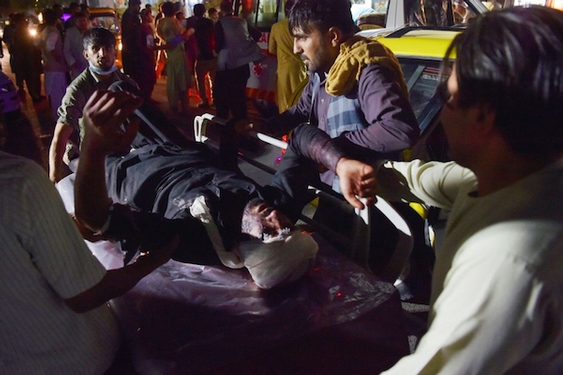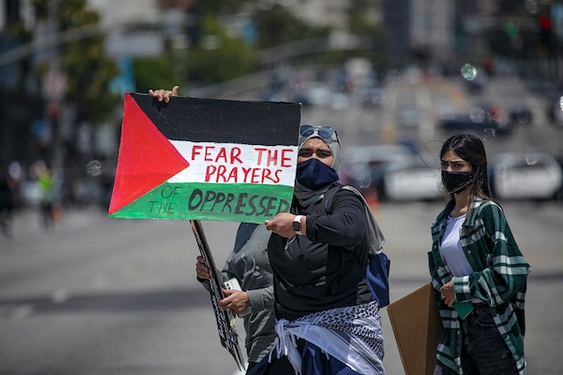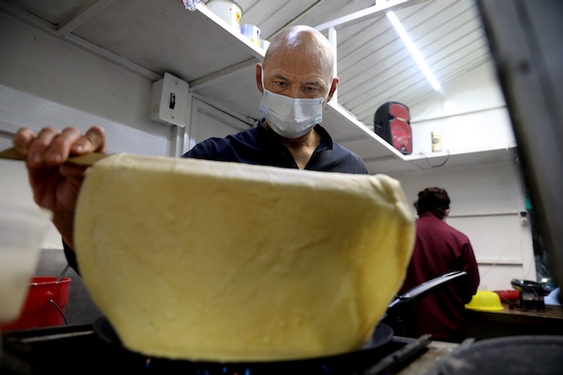On the morning of Aug. 6, 1945, the United States dropped an atomic bomb on Hiroshima, Japan, in an effort to force the surrender of Japan and bring an end to World War II.
The detonation of a single bomb obliterated much of the city of more than 300,000 people.
From The San Diego Union, Wednesday, August 8, 1945:
4.1 Square Miles of Hiroshima Destroyed by Single Atom BombMore Than Half Of City Erased, Says Gen. Spaatz
GUAM, Aug. 8 (Wednesday) (U.P.) — The first atomic bomb dropped on Hiroshima completely destroyed an area of four and one-tenth square miles — 60 percent of the city's builtup area — and wiped out five major industrial targets with a tremendous blast which obliterated the city in a cloud of boiling smoke and flame, it was disclosed today.
A history-making announcement by Gen. Carl A. Spaatz, commander of the strategic air forces, gave the news that had been anxiously awaited for more than 24 hours.
EQUALS 2000 B-29S
The single atomic bomb had wiped out more more than half of the city in a terrifying explosion which Spaatz said equaled a raid by 2000 B-29s.
Men of the Superfortress crew who unleashed nature's harnessed fury on the helpless Japanese empire had described the fearful effects of the one bomb.
When the smoke that hung like a death pall over the stricken city had cleared away, reconnaissance photographs revealed the terrible extent of the destruction.
FIVE FACTORIES RAZED
Spaatz announced the five major industrial plants within the four and one-tenth square mile area had been destroyed.
The force of the great explosion wreaked additional damage outside the "completely destroyed area," he said.
Identification of the targets was not made in the communique issued tonight. But it was obvious that a crippling blow had been dealt to Hiroshima, a city of 318,000 persons, located in the southern section of the main island of Honshu about 400 miles southwest of Tokyo.
Military supply depots and factories producing large guns, tanks, machine tools and aircraft parts are in the congested city. The single atomic bomb apparently had struck a crippling blow to the entire city's war production.
Japan already had admitted that destruction withing Hiroshima was so great that the Japanese themselves had been unable to immediately ascertain the full extent of the damage.
GRIM WARNING SEEN.
The B-29 crewmen who dropped the first missile on Japan as a grim warning of the fate in store for Nippon, had already described the moment when the bomb exploded.
The men aboard the plane exclaimed as one, "My God!"
What had been Hiroshima going about its business at 9:15 o'clock at a sunny morning went up in a mountain of dust-filled smoke, black at the base, towering into a plume of white at 40,000 feet.
———
©2020 The San Diego Union-Tribune
Visit The San Diego Union-Tribune at www.sandiegouniontribune.com
Distributed by Tribune Content Agency, LLC.




